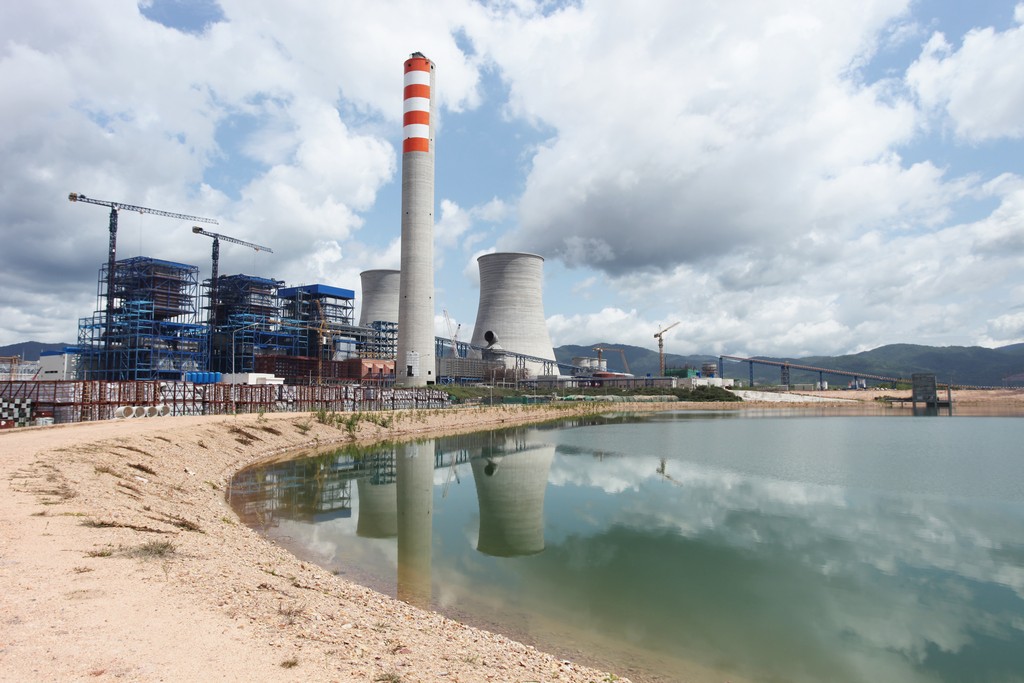STUDY: PH can eliminate coal, reduce gas-generation
- November 16, 2023
- 0

The climate advocacy group Climate Analytics believes that the Philippines can eliminate coal-fired power by 2035 and significantly reduce gas-generated power by 2040.
In a report by the Business World, the Berlin-based organization said the Philippines should swiftly phase out coal-fired power and almost entirely phase out gas-fired generation within the next two decades, a move it deems both feasible and beneficial for the economy, potentially creating over a million jobs by 2050.
Additionally, the report recommends that the Philippines surpass its current plans and prioritize achieving a higher share of renewable electricity generation by 2030.
Currently at 22%, the government aims to increase the share of renewable energy (RE) in the power mix to 35% by 2030 and 50% by 2040.
Climate Analytics also emphasized the feasibility of aligning the power industry with Paris Agreement goals, calling for an expedited coal phase-out and a significant expansion of renewable energy coverage by 2050.
The Philippines, as a signatory to the Paris Agreement, is urged to transition its power sector to near-100% renewable energy with international funding and supportive policies, reducing dependence on expensive coal and gas imports while potentially creating a million jobs by 2050.
For the Philippines to achieve the 1.5°C target for temperature rise, the report underscores the necessity of a w
Meanwhile, the Department of Energy (DOE) signaled a move to a more flexible power mix by issuing a moratorium on greenfield coal-fired power plants in 2020.
As of July, the Philippines has an installed coal-fired ca
The advocacy group also projects that the Philippines will need an additional 152 terawatt-hours by 2050 to meet future electricity demand, assuming the successful phaseout of fossil fuels.
The analysis added that the country’s substantial renewable energy potential, particularly in rooftop and open-field solar photovoltaics, with estimated solar energy resources reaching 58,110 MW, according to the DoE.
The DoE awarded 341 solar service contracts with a potential capacity of 14,786 MW peak this June. In total, 1,087 RE contracts have been rewarded with an equivalent total potential capacity of 113.5 GW.